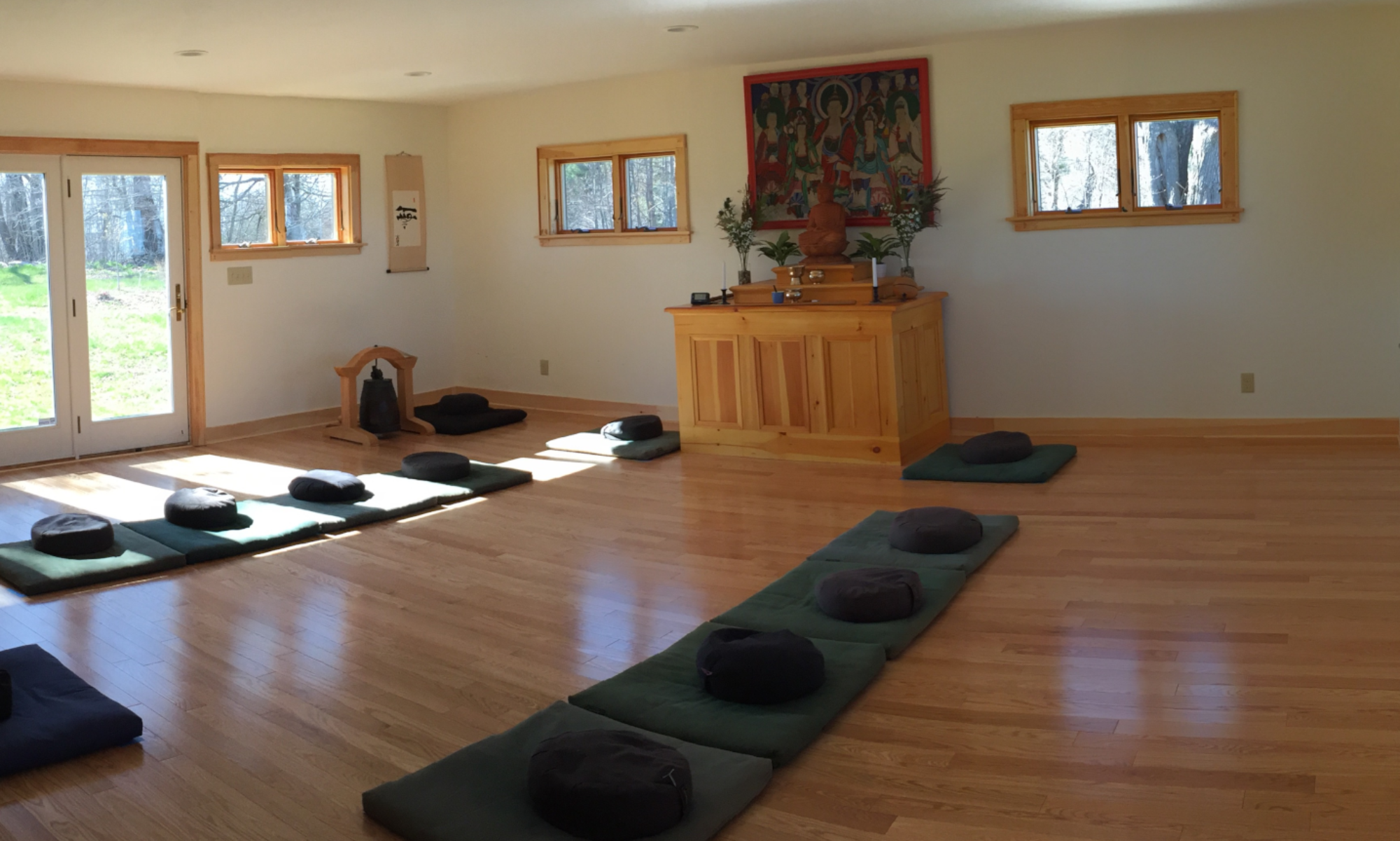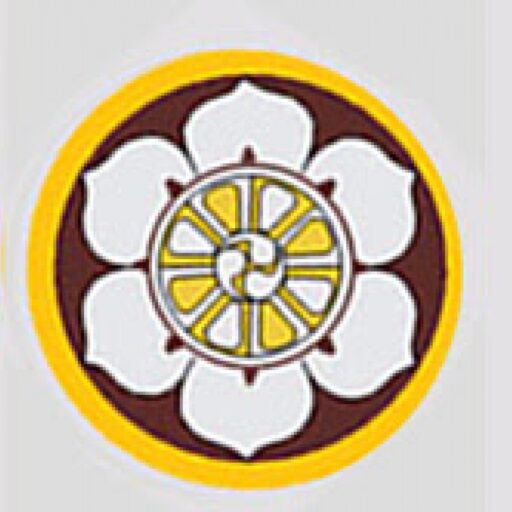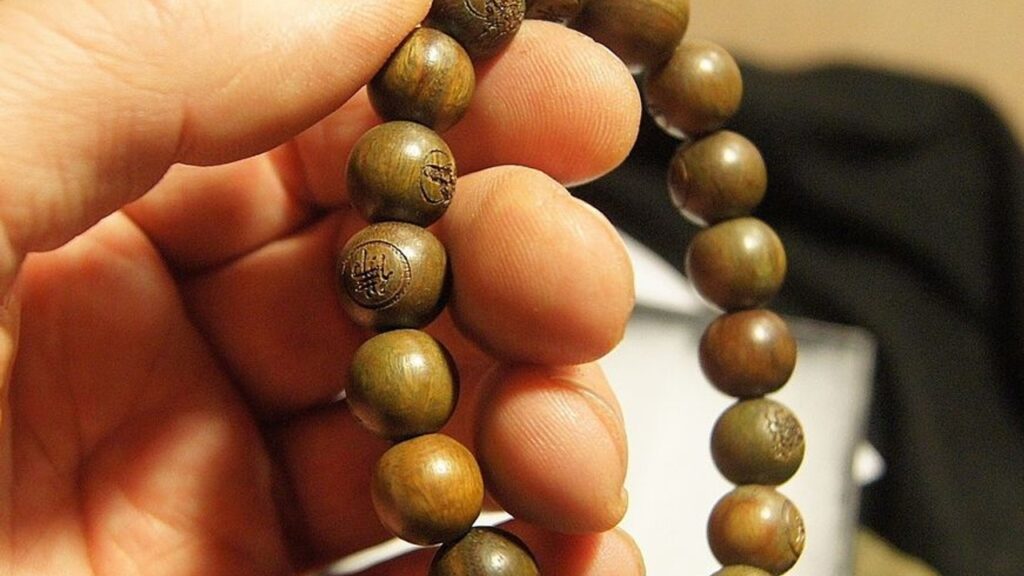The Heart Sutra has been chanted in Buddhist temples and monasteries worldwide for centuries and continues to this day. The clarity and simplicity of this teaching is that moment by moment, everything is changing, everything is impermanent.
This truth is self-evident throughout the entire universe, from large galaxies and solar systems to the smallest life forms that are barely visible under a microscope.
I have taken the liberty to further abbreviate this short, powerful treatise. The following is a concise, non-scriptural personal representation of this time-honored text. Ultra simplicity was my singular motivation.
“By quieting the mind, letting go of all obstructions and distractions, we realize that the five senses: hearing, seeing, tasting, touching, and smelling are empty of any permanent substance or value.
The same can be said of feelings, perceptions, impulses, and consciousness. All life situations, conditions, and experiences are characterized by this same emptiness. They do not appear or disappear, increase or decrease, are not tainted or pure.
Everyday life, as it manifests through our eyes, ears, nose, tongue, body, and mind are no more than passing phenomena including old age and death, ignorance, suffering, origination, and cognition.
When not attached to the past, present, and future, we are free of stagnation, everything then flows effortlessly.
Without subjective views and judgments, all mental hindrances eventually subside. Living in peace, tranquility, and equanimity is then possible.”
Ji Haeng – The Desert Dragon
Postscript: The sixth ancestor Hui Neng commented “not adding any thoughts of good or bad to what we perceive externally, and not being moved around by thoughts and emotions appearing within.”
My teacher, Zen Master Seung Sahn, often said “No meaning is great meaning.” Allowing thoughts to come and go effortlessly you become internally quiet and in that quietness this place of clarity reveals itself.
I “borrowed” this from the Zen Center of Las Vegas. It is a teaching of Zen Master Ji Haeng and I liked it for its simplicity. You can find the original and many others if you follow this link. https://zenlasvegas.com/12-the-essence-of-the-heart-sutra/





